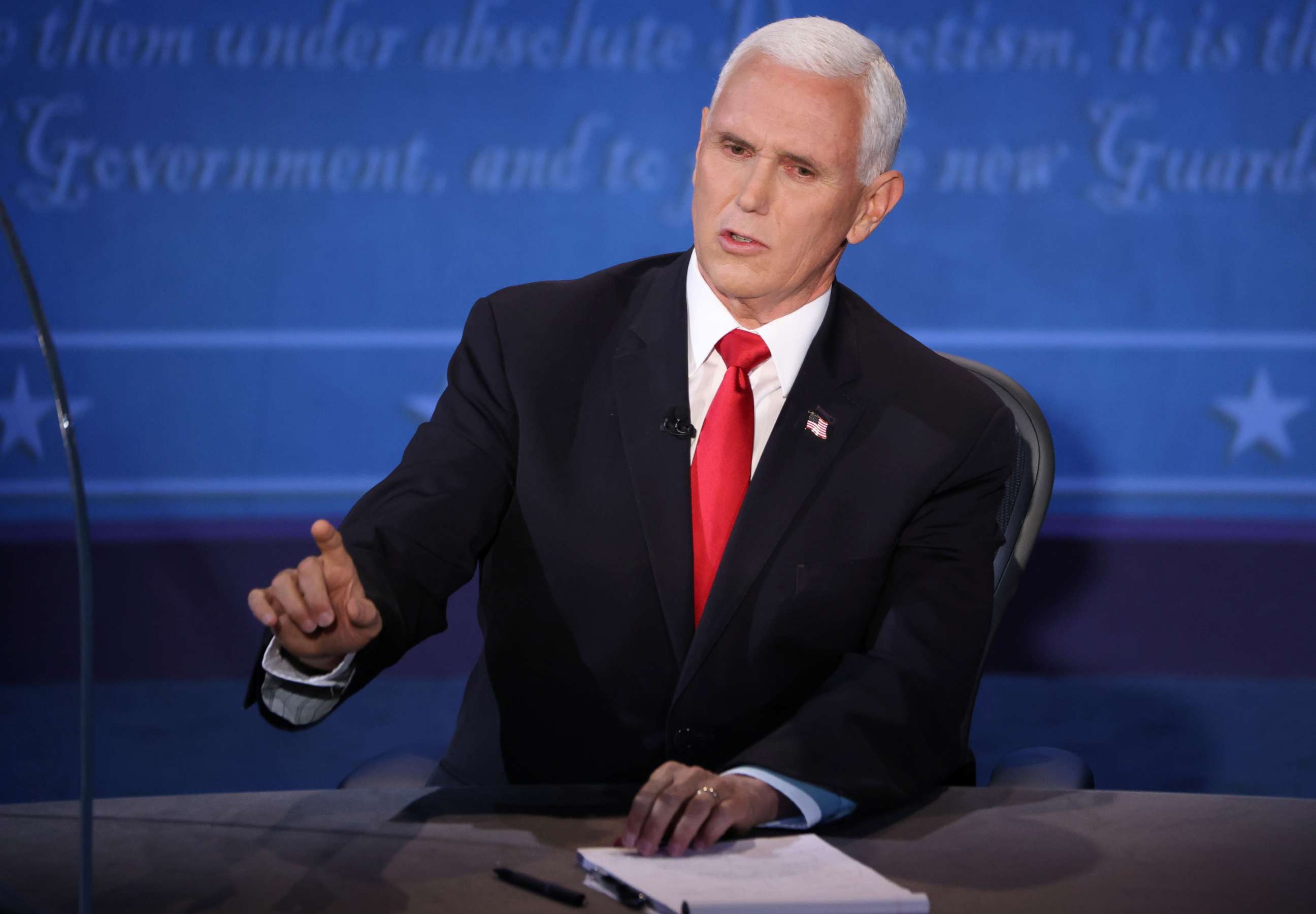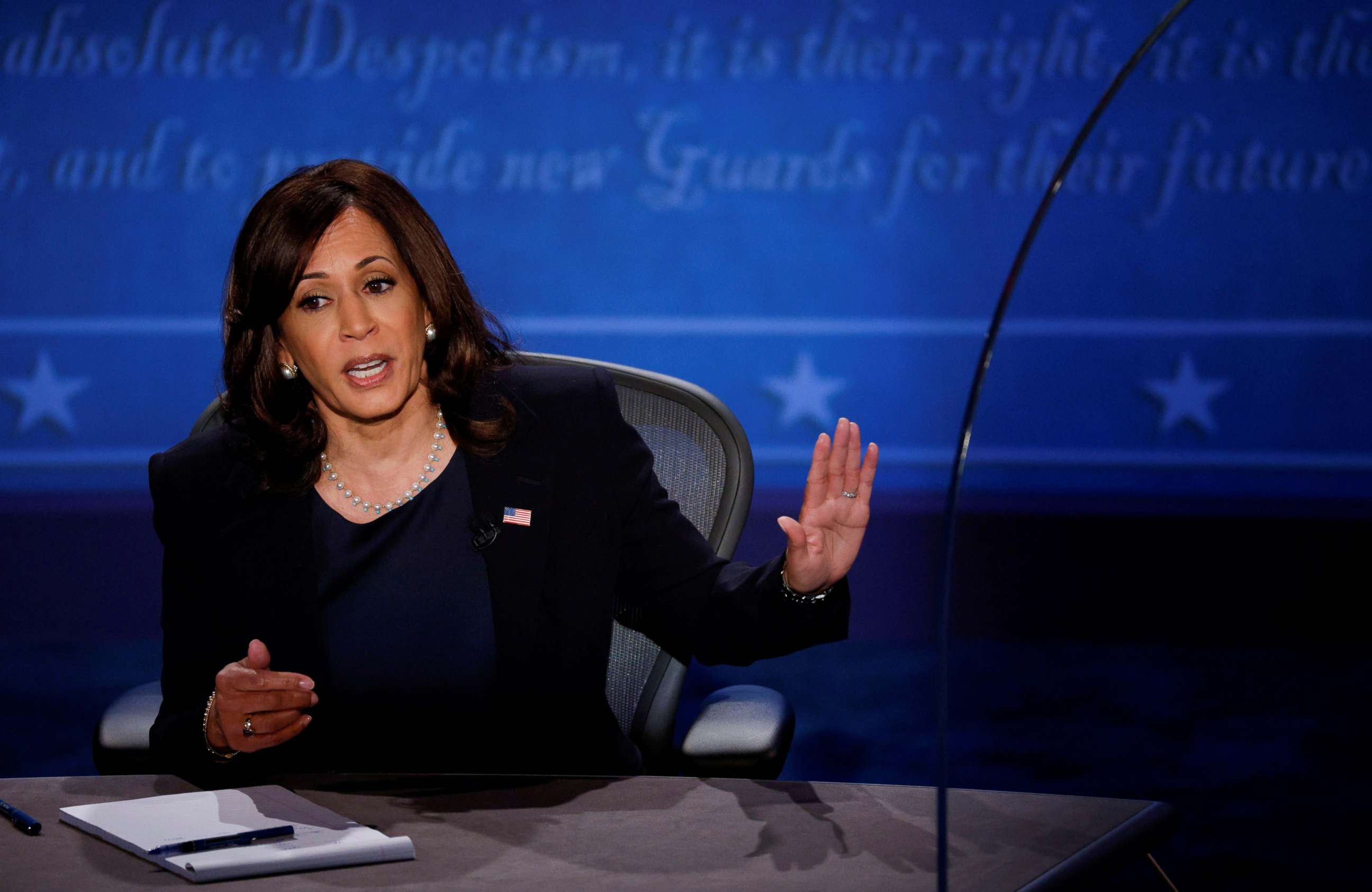PENCE'S CLAIM: "President Trump and I are fighting every day in courthouses to prevent Joe Biden and Kamala Harris from changing the rules and creating this universal mail-in voting that will create a massive opportunity for voter fraud."
FACT CHECK: Pence echoed Trump's attempts to cast doubt on the widespread embrace of vote-by-mail across the country this election by suggesting that universal mail-in voting could lead to massive fraud.
That is historically not true.
Kim Wyman, the Republican secretary of state in Washington -- a state that adopted statewide mail voting in 2011 -- told The New York Times in June that while any voting method could potentially be susceptible to fraud, in her experience as the chief elections official in the state, fraud with mail ballots is low.
"How do you respond to someone that makes an allegation that there's rampant fraud?" she said. "You show them all the security measures that are in place to prevent it and detect it if it does happen."
Ben Ginsberg, a Republican election guru who has spent years looking for voter fraud, wrote in a Washington Post op-ed, "Four decades of dedicated investigation have produced only isolated incidents of election fraud."
"These are painful conclusions for me to reach. Before retiring from law practice last month, I spent 38 years in the GOP's legal trenches. I was part of the 1990s redistricting that ended 40 years of Democratic control and brought 30 years of GOP successes in Congress and state legislatures. I played a central role in the 2000 Florida recount and several dozen Senate, House and state contests," he wrote. "The truth is that after decades of looking for illegal voting, there's no proof of widespread fraud."
Tom Ridge, a Republican who previously served as the governor of Pennsylvania and was the nation's first secretary of Homeland Security, previously told ABC News, "There is absolutely no antecedent, no factual basis for (President Donald Trump's) claim of massive fraud in mail voting."
--ABC News; Kendall Karson






